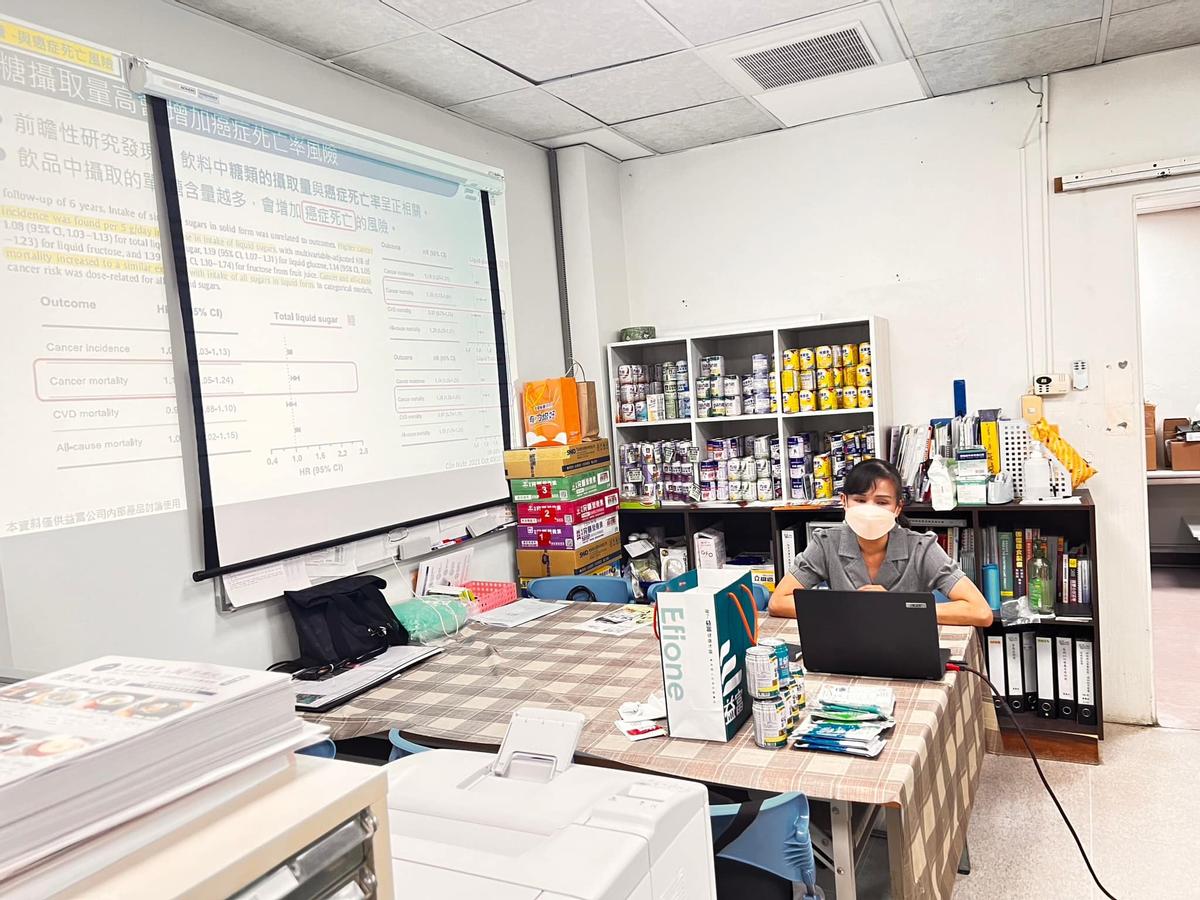Food producers will be required to have and declare a fiscal bank account in Cuba through which they must carry out all operations related to their activity, a measure that also affects artists and intellectuals, communicators, usufructuaries of state lands, owners of agricultural land and landless livestock keepers.
Any repair, maintenance, purchase of equipment and means, services received from other private parties or cooperatives, in addition to payments of taxes and State entities for the purchase of goods or provision of services must be channeled through said account, which can be in national or freely convertible currency.
The new measure has been published this Thursday in the official Gazette and provides for a period of 180 days from November 2 to open or communicate the account to the authorities, otherwise, non-compliant parties would be sanctioned in accordance with current tax legislation.
The text recalls that, to date, some self-employed workers and “other forms of non-state management” were already obliged to operate with current bank accounts. The standard was adopted at the end of 2018, and affected people dedicated to gastronomy services in bars, cafes and restaurants; to those who rented homes or rooms, accommodation repair works and, in Havana, to public transportation.
The rest of the workers were exempt, but the efforts of the authorities with banking has forced this expansion. “With the objective of promoting the ordering of financial movements between the different actors in the economy and strengthening fiscal control, it is necessary to extend the obligation to open and operate a fiscal bank account to all taxpayers who are natural persons,” explains the resolution, from the Ministry of Finance and Prices.
This Thursday’s Gazette includes another regulation, in this case from the Ministry of Domestic Trade, which is along the same lines as what the regime calls “supporting the banking process.” The resolution imposes as a requirement for the registration of a business in the Central Commercial Registry that it possess “payment facilities through national gateways or point-of-sale terminals for the marketing of goods and provision of services to the consumer.”
Registration in this registry is essential to be able to trade on the Island and, from now on, includes this new requirement from which only those who are in “silence zones certified by the Cuban Telecommunications Company” are exempt. One of the criticisms of the requirement to effectively implement electronic commerce is not only the total absence of connectivity in large areas of the Island, but also the slowness of the service, its intermittency and constant interruptions that often prevent completing operations. satisfactorily and causing conflicts over whether or not the operation could be carried out.
Furthermore, as expected, the resolution affects those who were registered in the Registry before the regulations. They are required to make electronic payment channels available to customers if they have not already done so. The period is 60 days from the publication of the standard, which would reduce the time initially indicated. When the package of measures was announced at the beginning of August, it was warned that the adaptation would have to be completed in six months, leaving early February as the deadline. However, with the new regulations, the last day would be January 2.
“After this period, the activity they carry out is suspended,” the text recalls.
________________________
Collaborate with our work:
The team of 14 intervene is committed to doing serious journalism that reflects the reality of deep Cuba. Thank you for joining us on this long path. We invite you to continue supporting us, but this time becoming a member of our journal. Together we can continue transforming journalism in Cuba.


